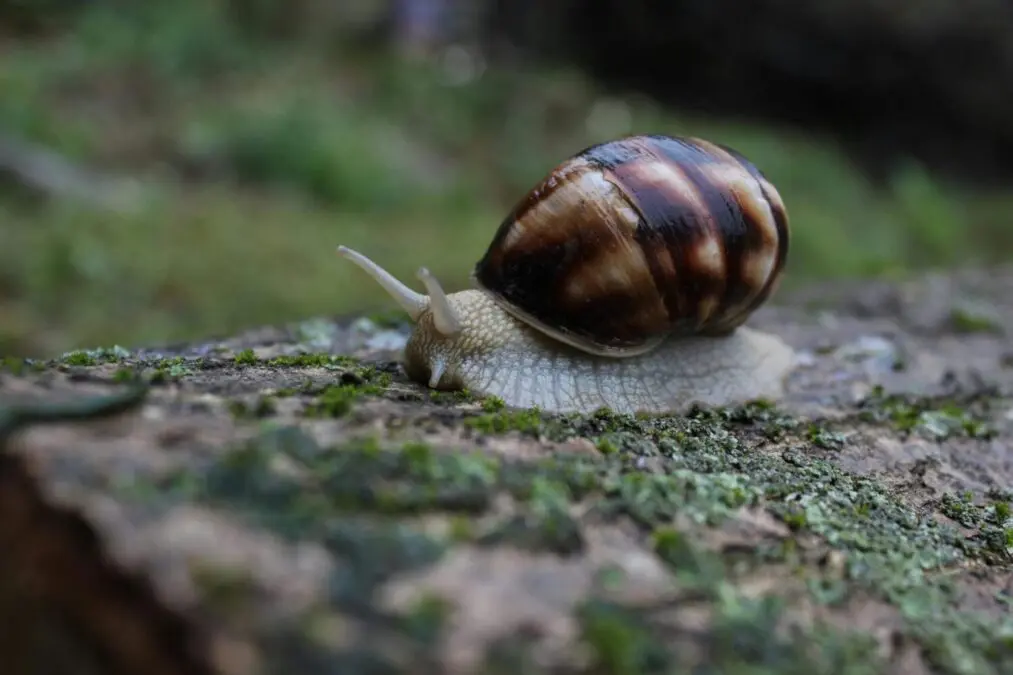The ancient Greeks used snail mucus on the skin to combat local inflammation
Commonly used to repair damaged skin, products containing snail slime date back far beyond the age of social media — and may have potential beyond cosmetics, National Geographic reported.
Consumers worldwide are buying cosmetic products containing snail slime, with the global market estimated to be around $555 million in 2022.
Following the snail slime skin care boom in South Korea, the product – also called mucin or snail secretion – was widely shared on social media. North America is currently the fastest growing market for snail skin products. But using snail slime for glowing skin and good health dates back further than a social media trend.
The ancient Greeks used snail mucus on the skin to combat local inflammation. In the 1980s, Chilean snail farmers noted that processing snails for the French food market gave them softer hands and faster wound healing. This started the popularity of snail slime in South America.
What does snail mucus do to the skin?
“Garden snails, the most researched snail species for skin care, produce a slime that is touted as moisturizing, full of antioxidants and able to stimulate new collagen, which can reduce the signs of aging,” says Joshua Zeichner, a dermatologist at the Mount Hospital. Sinai.
According to dermatologist Elisabeth Bahar Haushmand, a member of the American Academy of Dermatology, consumers buy snail slime products to repair damaged skin and retain moisture. Mucus is full of natural vitamins A and E, antioxidants that can reduce inflammation and signs of aging, and has peptides that stimulate collagen production. However, Hashmand says larger clinical trials are needed to prove some of the mucilage’s purported effects and to better understand its active ingredients.
Snail mucus extract has been shown to create a protective barrier between the skin and polluted air. One study used a three-dimensional model of skin that had been exposed to ozone. The “skin” unprotected by the mucus extract became inflamed and showed signs of aging through oxidative stress, which causes wrinkles and uneven skin tone. Skin protected by the mucus extract showed less inflammation.
There is evidence that snail slime can help heal wounds and treat burns. Mucin also has antibacterial and antifungal properties.
Another study tested its ability to stop bacteria in wounds, with the mucus outperforming commercial antibiotics including amoxicillin and streptomycin. Early research suggests that it may also have anti-cancer abilities: garden snail slime successfully suppresses skin cancer cell growth in laboratory conditions.
Illustrative Photo by SİNAN ÖNDER: https://www.pexels.com/photo/shallow-focus-photography-of-brown-and-white-snail-on-moss-243128/







